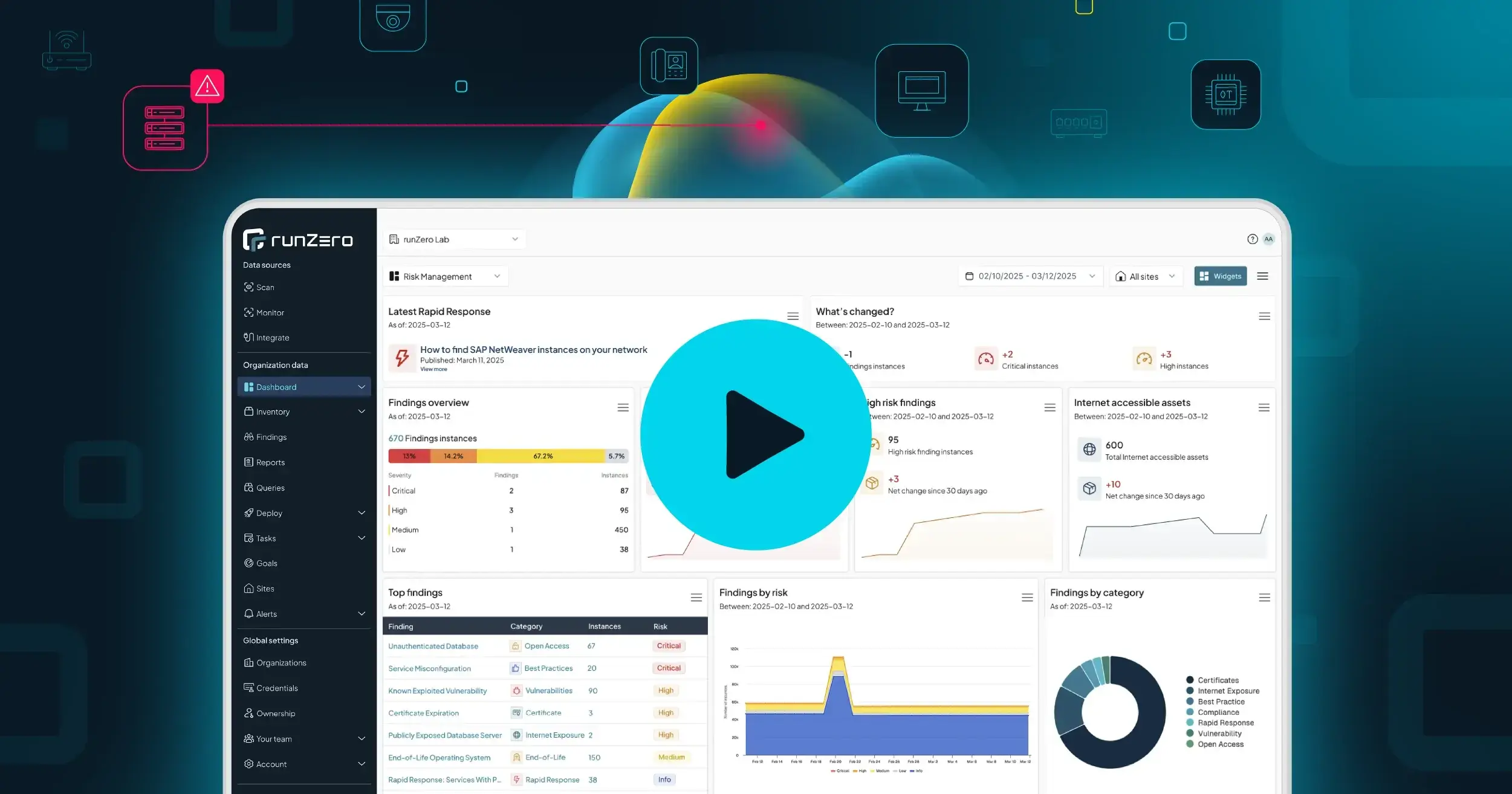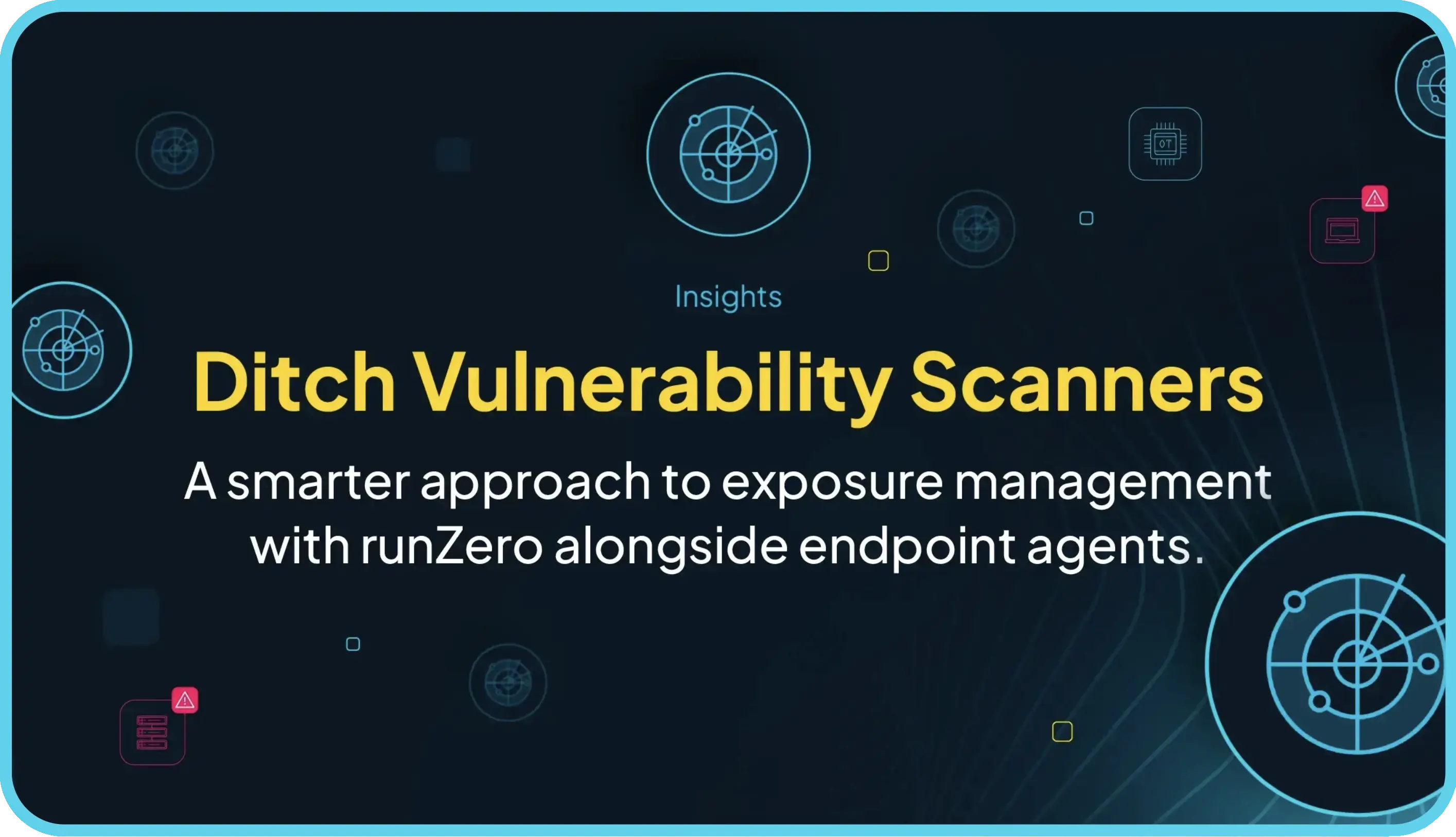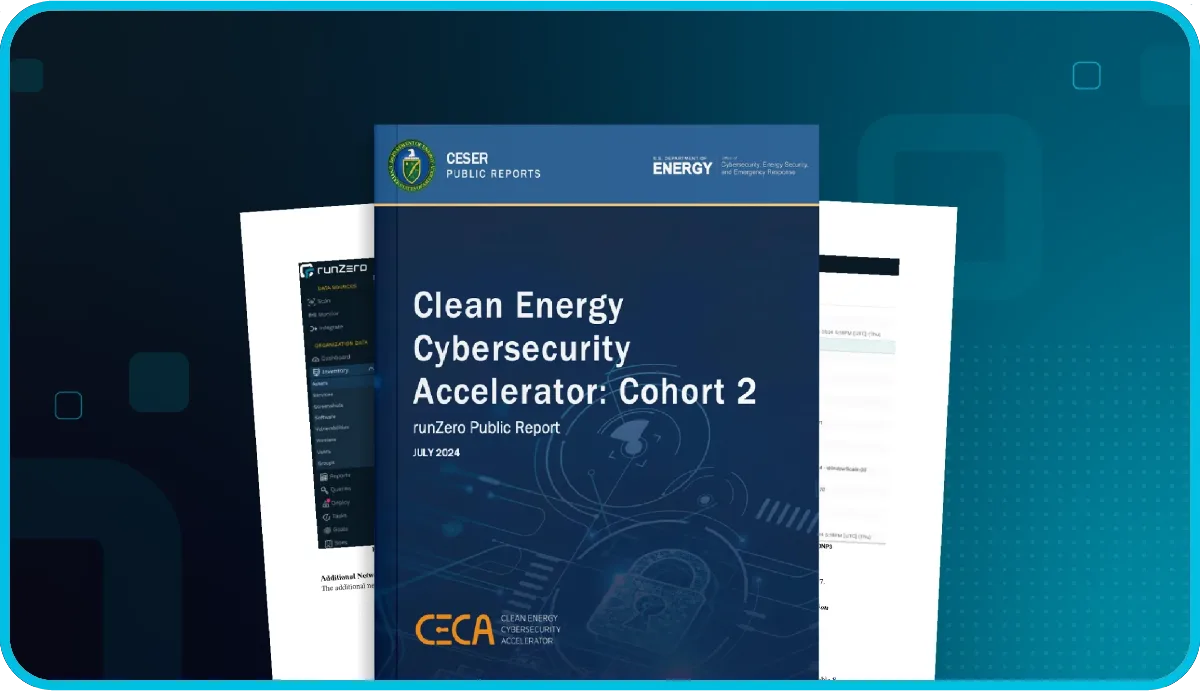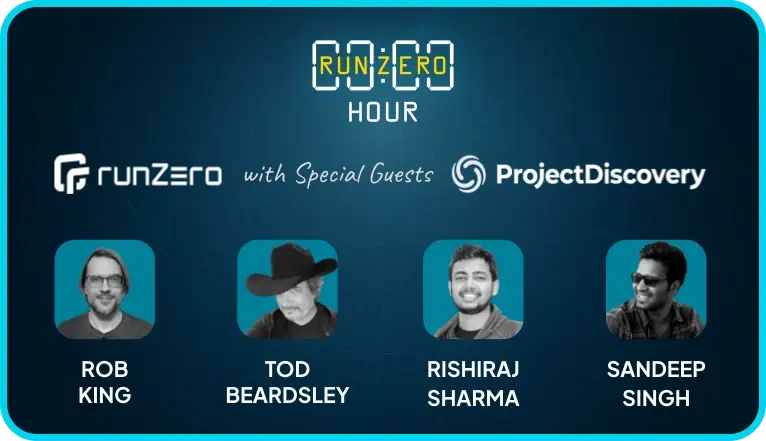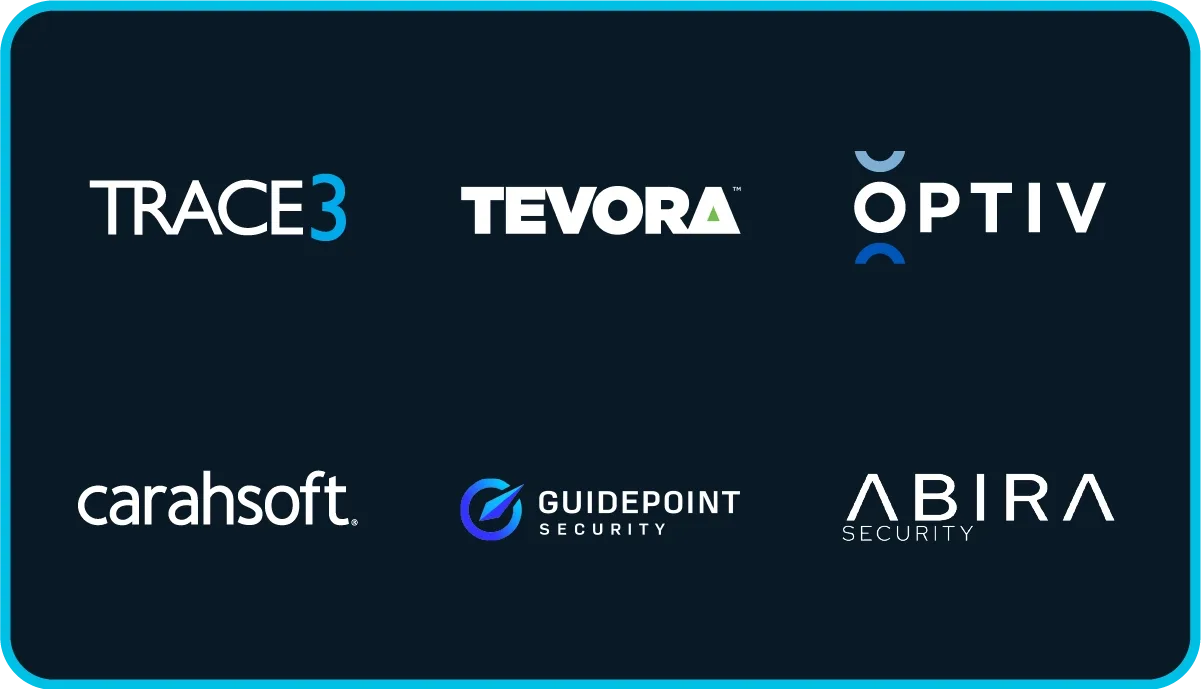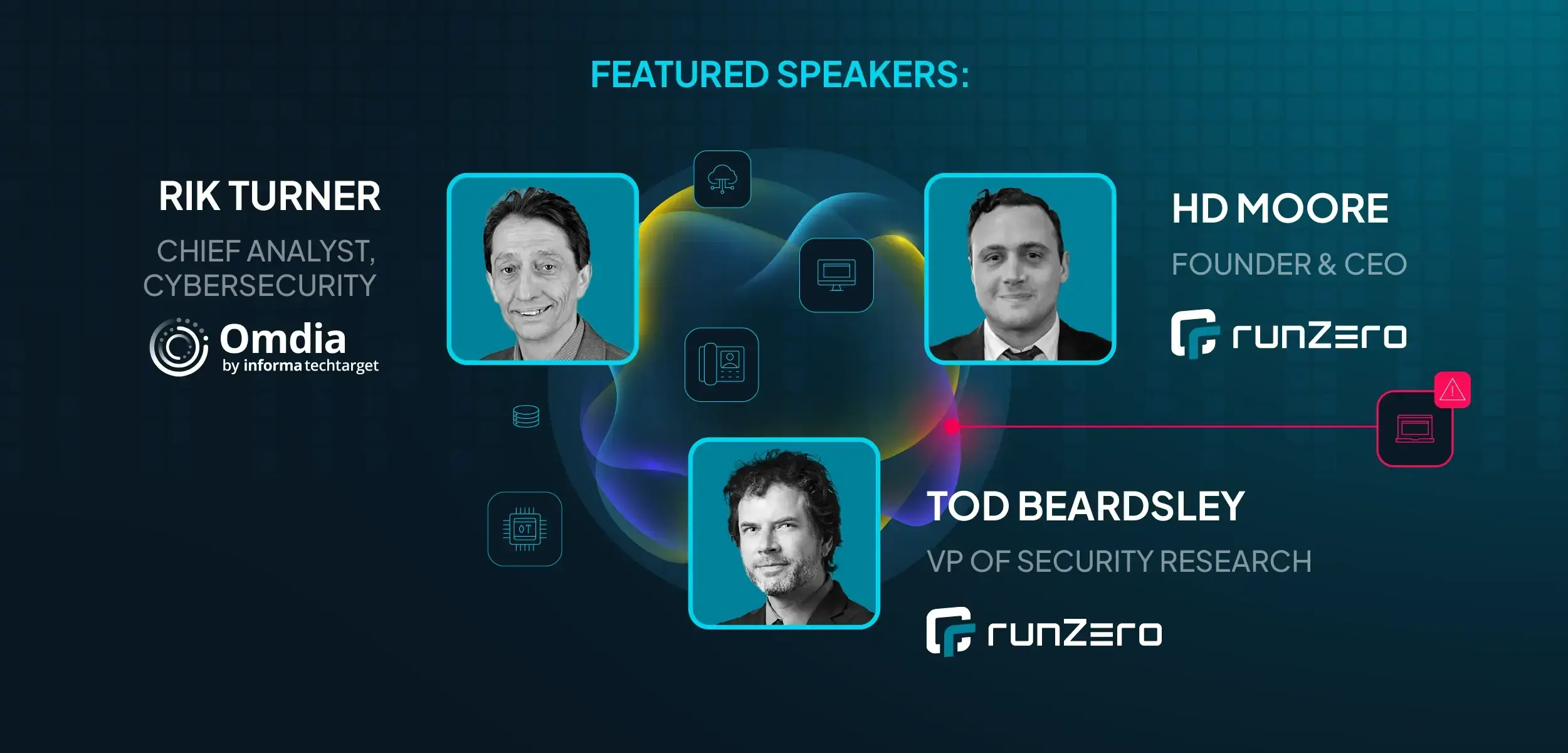Cultural values are the operating system of a company. They help us understand how and why we make certain decisions and provide a set of shared priorities across your teams. At runZero, we use our cultural values as a guiding light to make decisions about our business, employees, and customers.
How other companies go about defining their values may vary greatly, but I have always felt values should arise from how we work together and treat our customers. When runZero took on the task of defining our cultural values, the approach we took involved a variety of voices at every step.
Read on to see why we decided to define our values, our process, and how our values impact our work each day. I hope sharing the process behind our cultural values will help other organizations interested in developing their own unique culture.
Why do we have cultural values? #
During conversations with candidates, I realized that I was describing our company culture in vague, general terms. I soon recognized that having a shareable resource with a defined set of values would be a powerful resource for us. The company could screen candidates for shared values and candidates can do the same for their new employer.
To kick off our discussions on cultural values, we wanted to start with a strong foundation. So, we began with the understanding that culture is not created–it is clarified. Culture already exists whether you go about defining it or not. If you choose not to define your culture, it may eventually become misaligned with your goals as a business and employer. Conversely, if you take the time to discover what employees, customers, and investors already experience, then you can define a shared set of values that everyone agrees on.
The first thing I wanted to do was define our values early on at runZero, so we made the decision as a team to engage in a discovery process.
How we clarified our values #
If you think of culture as something that’s already taking place within your business, then you can take on an approach of discovery. I wanted to make sure we included this philosophy not just only in the outcome, but also the process itself. Our cultural values needed to come from folks at runZero because they already have instinctual knowledge of how those values play out.
We brought together a team of six people, including myself, all with different backgrounds and varying levels of seniority. We had colleagues from sales, marketing, and engineering and a good mix of men and women, ages and cultural backgrounds. Over three sessions, we engaged in open, authentic discussions around company values that resonate with us as employees.
To help frame the discussions, we put together a list of questions (outlined below) that would provide insight about what it’s like working at runZero and what employees look for in company culture.
I wanted to ensure all voices were heard, so we gave everyone a chance to think about each question, respond, and then open the floor for discussion. We also opened up the chat where people could engage in live discussions. It was a lengthy process, but very fruitful and insightful.
10 questions to ask to clarify your values #
These are the 10 of the most important questions we posed to our panel as we began to clarify our values. The questions and process might look slightly different at your company, but this should give you an idea of the types of questions to ask in order to get a sense of how culture is already playing out within your organization.
- Was there a cultural trait that you joined us for?
- What did you love about a company you worked for?
- What did you hate about a company you worked for?
- How do you think our culture is different from other companies?
- What company do you love for their culture as a customer and why?
- What does our culture need to look like to be more diverse and inclusive?
- What are some of the big trends (e.g., social, economic, and technological) that may shape culture?
- How does our culture have to be different as a remote organization?
- How do you want to be managed, receive feedback and performance appraisals?
- What values do you think investors look at?
As expected, responses varied because everyone has had different experiences. The common theme amongst the responses was: we all had a work experience that was playing a big part in shaping the values we wanted. This demonstrates how deeply company culture affects people on a personal level.
Overall, our employees shared a variety of perspectives, approaches, solutions, and ideas. At the same time, there were many points of commonality of experience and priorities. That’s what we looked for when we formed our values in the next step.
Defining and refining our values #
After our initial sessions, I poured through my notes and compiled a set of cultural values I felt reflected the responses from our panel. As a team, we reviewed the values together and refined them into a shareable document.
Once we had a first draft of the cultural values, we organized a town hall to share them and get feedback from the rest of the company. We went through each value one by one. The session lasted about an hour, and everyone asked questions, provided feedback, and engaged in discussion.
Based on these discussions, we made small, but impactful, changes to our cultural values. For example, we changed our values from a set of nouns to impactful statements (from "kindness and fairness" to "We are kind and fair"). Giving everyone a chance to contribute to our values was invaluable; everyone could see how their experiences were reflected in the culture we are trying to build. Because these values came from within the company, and already core to who we were, we didn't have to pivot or make adjustments internally.
How we use our values day-to-day #
We use our values in a variety of ways, internally and externally. We have our values on our website for both potential employees and customers. They are a great messaging tool to engage with a like-minded audience.
During the hiring process, we ask candidates to review our values on our website to ensure we are a good fit. We look for people who align with our values during the interview process as well. We share the video recording of our Town Hall on cultural values as a valuable onboarding resource for new employees.
We also tie our values to Bonus.ly, a recognition platform that rewards employees when they do something that embodies our cultural values. The hashtags in Bonus.ly are already pre-set for our cultural values. This is important because how we live our cultural values out is in the day-to-day work we do. We want to encourage and honor people who really walk the walk.
Living our culture in a remote environment #
The process we undertook to define our cultural values at runZero was not an easy one. It took time, effort, and organization. We didn’t want to simply create values from inside a boardroom (a sort of echo chamber at times) that did not resonate with our team. Culture helps define how you interact with your employees, make decisions, hire and promote people, and treat your customers. Culture affects every aspect of your business, so you need to give it the attention it deserves.
I encourage you to really think about what you value in a company–whether that’s as an employee, a customer, or an investor. Whatever it is you value, make sure everything you do aligns with those values and you’ll find meaningful success.
If you share our values, we’d love to hear from you. Check out our careers page to see what opportunities are available.
